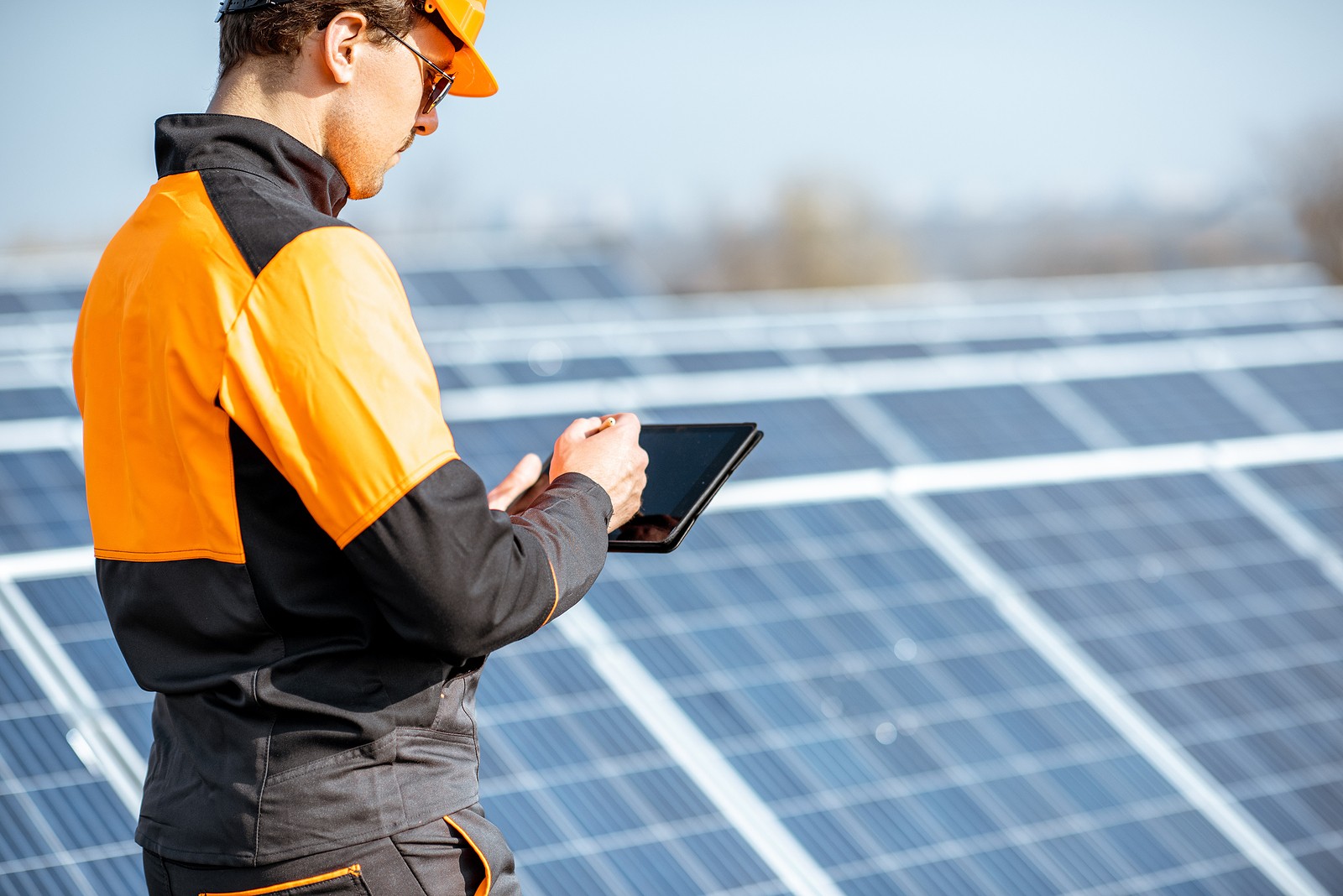
Solar monitoring systems provide key services for commercial solar installations, allowing for remote tracking of metrics and important alerts for system maintenance. As an experienced solar energy company in California, Coldwell Solar can offer a variety of monitoring services depending on what the installation needs. Let’s take a closer look at monitoring for agricultural installation and why it matters.
What Are Solar Monitoring Systems for Agriculture?
These are systems equipped with a variety of sensors to keep track of conditions at a solar installation. They are a common part of commercial and industrial solar in California, since they allow developers like a commercial solar company to gather valuable information about the environment a solar system is operating in. This helps deal with any potential problems while providing data that can be used for optimization.
Monitoring systems are very important for agricultural installations, where in-person inspections may be less common or more difficult.
What Exactly Do Solar Monitoring Systems Keep Track Of?
This can vary depending on the system. Many solar monitoring systems are modular, designed to incorporate different sensors based on what is important to track for that site. Here are a few examples of what monitoring can do:
- Performance data: Monitoring systems collect key performance data on how modules are operating and their detailed energy production levels. This also helps compare current performance to expected performance.
- Weather monitoring: Sensors can monitor irradiation, or how much direct sunlight that solar panels receive based on their positioning throughout the data. This data also indicates the number of cloudy days and overall exposure to sunlight over time for the system. That can lead to suggestions for new positioning that will improve energy production, as well as charting how optimal a geographic area is for solar energy.
- Module temperature: It’s important that agricultural solar panels don’t overheat, which can damage components and cause other problems. Monitoring systems may also include temperature sensors behind the panels to track individual module temperature.
- Air temperature: Like module temperature, tracking air temperature allows a developer to watch for potential overheating problems. Air temperature data may also be useful for agricultural purposes and can help chart overall temperature changes in an area.
Can a Monitoring System Detect Breakdowns?
With the right sensors, a monitoring system can help with fault detection, tracking where an installation seems to be encountering a problem or loss of power. This is a sign that the system may need repairs – again, that can be particularly useful for solar installations that are rarely seen up close, as is the case for many solar farms. Larger solar installations may have thousands of solar panels, too many to consistently inspect in person, so fault detection becomes very important for quickly spotting errors and addressing them. When the system finds a potential problem, it can send an alert to a computer or mobile device showing exactly where the issue can be found, saving time and resources.
Commercial solar energy solutions in California may also incorporate automatic maintenance and inspection reminders, so solar panels get the care they need and any additional on-site problems can be found before performance is significantly affected.
Can I Add a New Monitoring System to Existing Agricultural Solar Energy Systems?
That depends on many factors. If you are interested in additional monitoring capabilities, we suggest contacting Coldwell Solar for a consultation. Our solar energy company in California can review the details of your installation, what type of monitoring would be effective, and talk about how to incorporate new systems.

